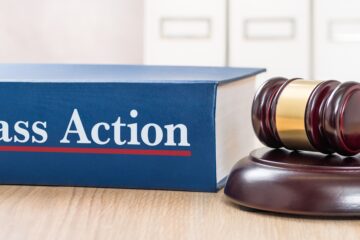ABA Journal
The U.S. Supreme Court is about to take up one of the biggest cases of the term not involving former President Donald Trump. On Jan. 17, the justices will consider whether they should overrule a landmark 1984 decision often requiring courts to defer to federal agencies’ reasonable interpretations of ambiguous statutes.
The precedent is Chevron USA v Natural Resources Defense Council, which has been under fire from conservatives and some members of the court for years, and hasn’t been relied on by the Supreme Court itself since at least 2016.
But lower courts still must apply it, and so-called Chevron deference affects vast swaths of the regulated U.S. economy. The two cases up for review involve a relatively small segment of the economy—herring fishing off the Atlantic coast.
When the court granted review in Loper Bright Enterprises v. Raimondo and Relentless Inc. v. Department of Commerce, it made clear in orders that it was only taking up the question of whether Chevron should be overruled or clarified. It did not accept review of the underlying statutory question affecting herring fishing—whether a federal agency correctly interpreted a statute to require fishers to pay the cost of monitors who ride their boats on roughly half of their outings.
“The statutory-interpretation issue is actually pretty fun,” says Christopher J. Walker, a law professor at the University of Michigan and an expert on federal administrative law. “It’s about fishing and whether fishing boats have to pay for monitors on the boat. But it also doesn’t really matter much to the case because the case is squarely presenting the question of should the court overrule Chevron deference, or should it at least accept that some new limitation that silence in the statute does not mean that Chevron deference is available.”
This article was originally posted on the aba journal.
To read the rest of the article click here.


